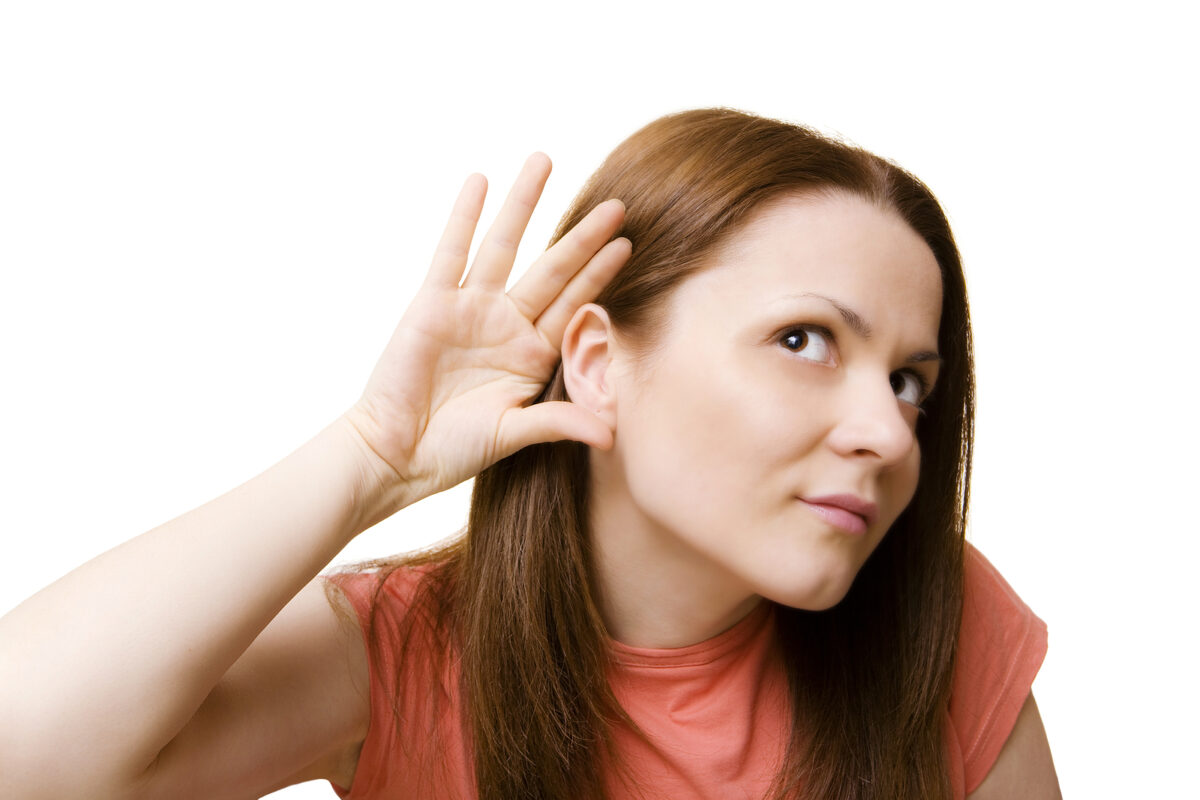The Lesser-Known Consequences of Vices
Normalized as it may have once been, by now there has been decades of research to prove decisively that smoking is a profoundly damaging habit. The Center for Disease Control and Prevention (CDC) attributes one out of every five deaths in the U.S. to smoking. Smoking causes lung cancer, as well as cancer in all kinds of other parts of the body. It leads to coronary heart disease, strokes, reduced immune functioning, weakened bones, and debilitated fertility among many other direct and indirect health conditions.
But if all that were somehow not enough to convince you that its risks fail to outweigh its benefits—benefits which are yet to be proven exactly—new studies find that smoking also causes hearing loss. Researchers have come to multiple conclusions, but one study of over 3,000 participants determined that smokers are almost 70% more likely to suffer from hearing loss than non-smokers are.
The Journal of The American Medical Association published in 1998 that the trouble that someone had hearing corresponded directly to the number of cigarettes that they smoked each day. Additionally, both ex-smokers and those who lived with smokers were also found to have increased rates of hearing loss. The big question remains, however, if perhaps those with additional lifestyle factors such as an increased rate of occupational noise exposure or social choices were perhaps more likely to smoke.
For example, people who drink excessively are more likely to smoke. And most of us are sadly all too familiar with the many hazards that excessive drinking frequently leads to, damaging not only one’s health, but relationships and career opportunities. Researchers have now found undeniable correspondences between both heavy and moderate drinking and hearing loss. In the immediate, the severity of hearing loss again, like smoking, corresponded directly to an increased level of alcohol. Furthermore, those with long histories of alcohol abuse were found most likely to suffer from hearing loss in the immediate, most often in the lower frequencies present in human speech.
Smoking and Drinking and Hearing Loss
Hearing loss affects far greater numbers of the population than most people know. A full 14% of the U.S. population over the age of 18 lives with some detectable degree of disabling loss. Sadly, less than 20% of all these people seek appropriate treatment to mitigate its effects. And left untreated, hearing poses not only increased physical risks, but also ruins people’s quality of life, ruining one’s emotional, psychological, and even cognitive health. This is tens of millions of people failing to live their lives to the potential that they otherwise could. All kinds of factors lead people to minimize the impacts of their hearing health on their overall health, but most commonly, it does not even happen consciously because hearing loss comes on so gradually.
How Smoking and Drinking Affect Hearing
We hear thanks to a delicate system of innumerable tiny hairs within our inner ears that vibrate in response to contact with sound waves. When they vibrate, they do so against our eardrums, which then send signals to our brains which almost instantaneously attribute and decode the signals, tracing them back to their sources. Damage at any point along this delicate system of triggers will cause hearing loss. And that loss will be permanent and irreversible.
The nicotine in cigarettes is an ototoxic chemical, meaning that it directly harms the nerves within the ears. The many toxic chemicals in cigarettes have harmful vascular effects, decreasing the efficiency of blood flow and the delivery of oxygen to the many places that it needs to hit to guarantee proper functioning. This includes the ears. And though moderate drinking has been believed for years top help cardiovascular health, alcohol abuse can cause the same damage to our vascular system as smoking, reducing the energy and efficiency with which one’s ears will operate.
And because the brain eventually plays the decisive role in identifying sounds, hearing loss can also happen at that level. Increased quantities of alcohol will cause brain damage, reducing its ability to properly function. Habitually drinking to excessive levels leads to long term hearing loss in that it is ongoing short-term hearing loss.
Of course we all know the many benefits of healthy lifestyle choices and the risks associated with our vices. It is always the right time to make the decisive right choice. Contact us for more information.

